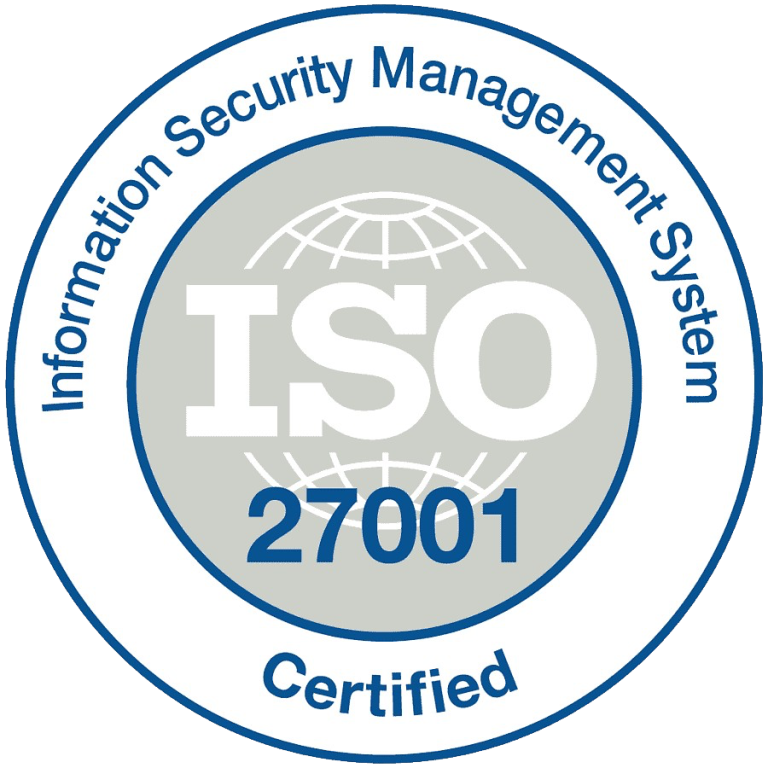Crafting effective bulk SMS messages for the Nigerian market requires understanding the country’s diverse cultures, languages, and traditions. With over 500 ethnic groups and a rich tapestry of religious beliefs, tailoring your messages to resonate with different population segments is essential. Each Nigeria region has unique customs and preferences, which can significantly influence how messages are received.
Recognizing and respecting local practices and sensitivities can greatly enhance your campaign’s effectiveness. This article will explore practical tips and deeper insights into creating SMS campaigns that connect with Nigerian audiences. From handling language diversity and regional preferences to including local terms and respecting cultural nuances, we will provide strategies to help you craft messages that engage, resonate, and drive positive responses.
Essential cultural tips for writing bulk SMS for the Nigerian market
The essential tips every Nigerian business owner when writing bulk messages include:
1. Keep language relevant but simple
Nigeria is a multilingual country, with English as the official language and Nigerian Pidgin commonly spoken in informal settings. While sending out bulk SMS, it is important to consider:
- Audience reach: If your target audience is national, use simple English or Nigerian Pidgin. Consider using the local language (Yoruba, Igbo, Hausa, etc.) for localized campaigns to make your message feel more personal.
- Clarity: Regardless of the language, ensure your message is clear and free of jargon. Avoid using complex phrases or words that might confuse the recipient. For example, instead of saying “commence,” use “start.”
2. Respect tone and formality
Nigeria’s cultural diversity means different regions and demographics prefer different communication tones. A younger audience in cities like Lagos or Abuja might respond well to a friendly, informal tone, while rural or older audiences may expect a more formal and respectful approach.
- Respectful communication: Always be polite. Titles like “Sir,” “Madam,” “Oga” (for men), or “Aunty” (for women) show respect and are widely accepted across Nigeria.
- Relatable language: Younger audiences might appreciate slang or informal greetings like “How far?” (How are you?) or “Wetin dey happen?” (What’s happening?). Just ensure the tone matches the context and audience.
3. Cultural sensitivity and inclusivity
Cultural sensitivity is crucial in Nigeria, where religious and ethnic traditions are deeply ingrained and play a significant role in daily life. To effectively engage with this diverse audience, it is essential to approach your SMS marketing with care and respect. Here’s how you can ensure your messages are culturally sensitive and inclusive:
- Avoid stereotypes: Stereotyping can alienate potential customers and harm your brand’s reputation. Ensure your messages are based on accurate, respectful cultural and religious practice portrayals.
- Religious considerations: Nigeria is home to Christian and Muslim populations with religious practices and observances. For example, during Ramadan, a significant fasting period for Muslims, be mindful of timing and content.
Avoid sending promotional messages during fasting hours, and consider incorporating respectful acknowledgments of Ramadan in your messages. Similarly, during Christian holidays like Christmas, ensure your content aligns with the festive spirit and does not inadvertently offend.
- Acknowledge National Holidays: Recognizing and celebrating national events and public holidays, such as Nigeria’s Independence Day, Eid, or Christmas, can significantly enhance your connection with the audience. Tailoring your messages to reflect these occasions can help build rapport and demonstrate cultural awareness, which fosters a positive perception of your brand.
4. Adapt to regional differences
Each region in Nigeria has its unique customs and preferences, which can affect how audiences respond to SMS marketing. Tailor your messages accordingly:
- Northern Nigeria: This region is predominantly Muslim, with Hausa as the primary language. Be sensitive to Islamic practices and prayer times in states like Kano and Maiduguri.
- Eastern Nigeria: This region is known for its entrepreneurial spirit, which makes business-focused messages resonate more with Igbo-speaking audiences in areas like Enugu and Aba, where business and market-focused messages work well.
Rural areas such as villages in Ebonyi or Imo emphasize community events and local economic development, reflecting the region’s entrepreneurial drive and diverse religious presence.
- Western Nigeria: Urban cities like Lagos are more youth-oriented and receptive to fashion, technology, and lifestyle product promotions. Christian and Muslim populations are present, so ensure your messages are inclusive. For instance, messages about tech gadgets or fashion sales likely engage younger audiences in Lagos.
In rural areas such as Ilesa or Ogbomosho, focus on community-centered content like local events or agricultural innovations.
- Southern Nigeria: This region includes the South-South and South-East zones.
- South-South: States like Rivers and Delta are known for their rich cultural heritage and oil industry. In areas like Port Harcourt, highlight local events, oil sector opportunities, and community development projects. In rural areas, focus on community engagement and economic activities relevant to the local context.
- South-East: States like Imo and Abia have a strong entrepreneurial spirit. Places like Owerri and Umuahia focus on business opportunities and local commerce. Emphasize community development and support for local businesses, aligning with the region’s entrepreneurial drive and diverse religious presence.
5. Timing is important
The timing of your bulk SMS campaigns is crucial for maximizing their effectiveness. Here are some tips on optimizing when to send your messages:
- Avoid prayer times: If your target audience includes Muslims, it is important to avoid sending messages during prayer times, especially early in the morning and late in the afternoon. This consideration helps ensure your message is received when recipients are more likely to engage with it without disrupting their religious practices.
- Consider work schedules: Timing also depends on your audience’s work schedules. For urban audiences, sending messages during lunch breaks or in the evening can be effective as people are more likely to check their phones. In contrast, rural audiences may be more responsive in the late afternoon or early evening after completing their daily tasks.
- Public holidays: Sending messages during major national or religious holidays like Christmas, Easter, or Eid can significantly boost engagement. People are more receptive to messages acknowledging and celebrating the holidays, enhancing your brand’s connection with the audience.
6. Get to the point quickly
With SMS, being brief is essential. Nigerian audiences value direct communication, so make sure your messages are short and clear. Here’s how to achieve this:
- Short, concise messages: Aim to keep your SMS within 160 characters. This not only prevents your message from being split into multiple texts, which can be distracting but also ensures that your audience receives your message in a single, easy-to-read format.
- Clear call to action: Your call to action should be immediately clear and easy to act upon. Instead of vague instructions like “Kindly visit our store at your convenience,” be specific and actionable. For example, “Visit our store today for a 50% discount!” clarifies the action and benefit, prompting a quicker response from the recipient.
7. Incorporate local words when appropriate
Sprinkling local words or phrases into your SMS can enhance relatability and strengthen your audience’s connection. For instance, using terms like “Oga” (boss) or “Aunty” (a term of respect for women) can be effective when targeting specific groups within Nigeria. These terms help personalize your message and make it feel more genuine. Additionally, addressing recipients as “Ma” (Madam) or “Sir” can add a touch of respect and formality, which is appreciated in many Nigerian contexts.
Using these respectful titles can be particularly effective when communicating with older individuals or in more formal settings. Ensure that any local terms or respectful titles you use fit naturally within the context of your message and align with the tone you wish to convey. This approach can make your SMS feel more relevant and considerate, enhancing engagement and connection with your audience.
8. Optimize for engagement
To maximize the effectiveness of your bulk SMS campaigns, here are a few additional tips:
- Use a friendly tone: A conversational and approachable tone can significantly boost engagement, especially with younger audiences. Including a friendly greeting such as “Hello” or “Hi” can make your message feel more personal and inviting, increasing the likelihood of a positive response.
- Consider data costs: In certain regions, data costs and the potential inconvenience of receiving multiple SMS messages can affect engagement. To avoid this, keep your messages concise and ensure they fit within a single SMS limit whenever possible. This helps prevent any annoyance from receiving fragmented messages and ensures efficient and effective communication.
Key takeaways for effective bulk SMS for the Nigerian Market
Creating effective bulk SMS messages for the Nigerian market involves more than just delivering information. You can engage effectively with your audience by tailoring your messages to respect and reflect different regions’ cultural and religious practices. This involves being mindful of local languages and regions’ timing and ensuring your content is clear and respectful.
To achieve the best results, craft your messages with cultural sensitivity and inclusivity at the forefront. Acknowledge your audience’s unique preferences and traditions and consider urban and rural contexts.





